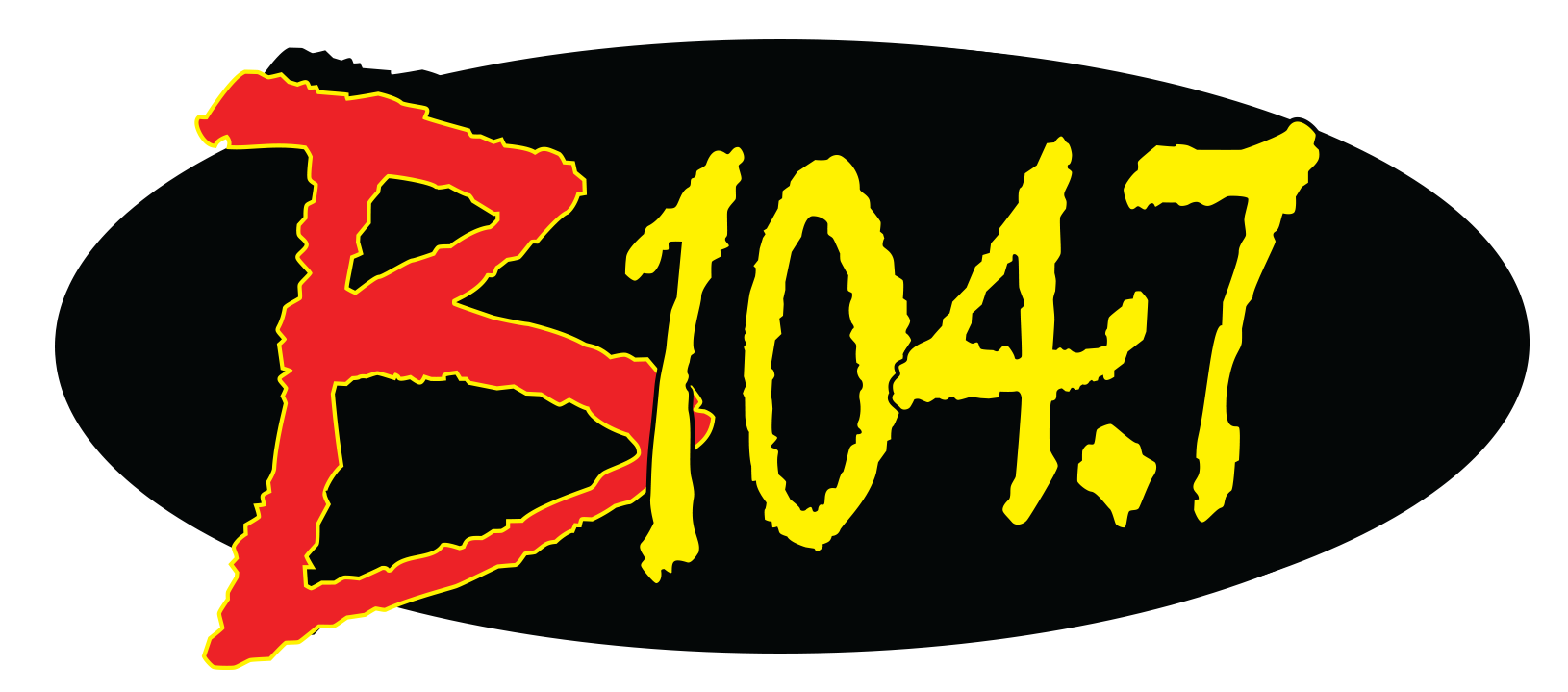
When did you really buckle down and start taking your health seriously?
For most people, it was time to stop eating so much fried cheese at 39. A recent study showed 42 percent of people decided enough was enough at that age.
“When you are young, fit and healthy, being concerned about your health and especially your heart health is the last thing on your mind,” Dr. Sarah Brewer, medical director for Healthspan, said. “Having to think about your diet and the impact it may be having on your health, and being concerned about issues like heart disease, can seem like something only older people need to worry about. While it might seem like a long way off, it’s never too early to start looking after your health while you are young, which can really help you when you are older, and the issues become more real.”
The reasons for deciding to do a sit up once in a while were varied, but not surprising.
- Lack of energy
- Weight loss is suddenly more difficult
- Milestone birthdays (i.e. 40)
- Climbing stairs leaves you winded
- Running even short distances seems hard
- People start pointing out you’ve put on weight (Which, also, RUDE!)
- Clothes don’t fit anymore
- Seeing a bad picture of yourself
- Family member health issues
- Injuries take a lot longer to recover from.
If you’re thinking of taking the leap into the world of exercise, but worry it’s too late, it’s not.
“It’s never too late to start looking after your heart health, as well as your entire body and mind,” Dr. Ameet Bakhai, consultant cardiologist at Spire Bushey Hospital, said. “It’s one of the needless misconceptions in the world that ‘it’s too late for me, I’ve already had a heart attack, it’s downhill from here,’ which is rarely the case. The difference between recovering well from a heart attack and recovering poorly is between seven-10 years of additional lifespan or being there for your grandchild’s university graduation.
“The difference often lies in a positive approach, wanting to share, wanting to query, wanting to know your numbers – asking the rehabilitation nurse or pharmacist about your blood pressure and cholesterol numbers and keeping those down and the step count up.”







